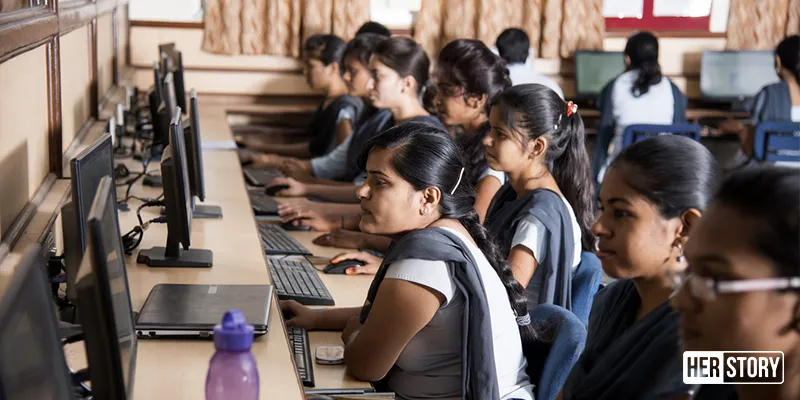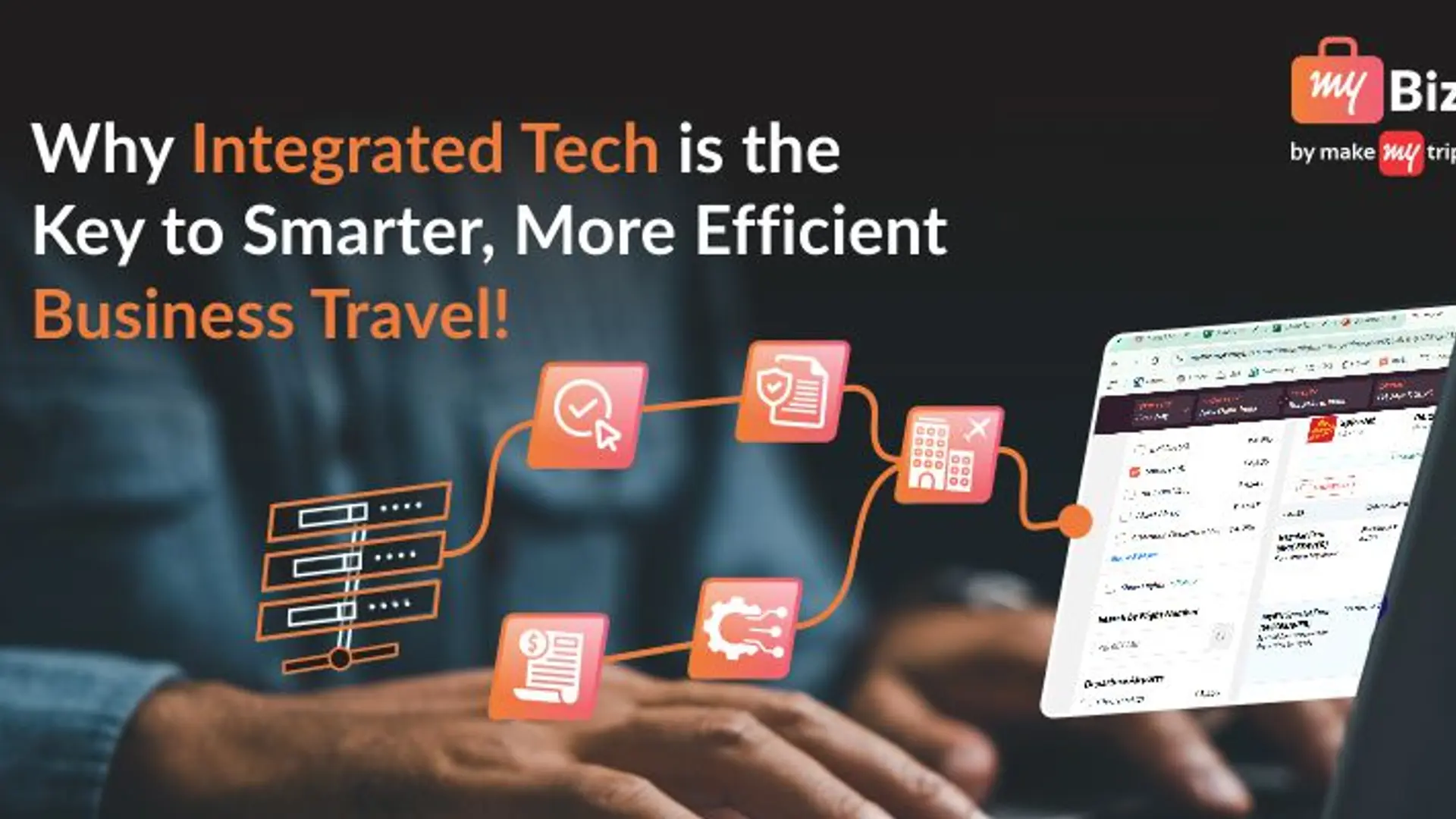Empower women for Industrial Revolution 4.0 with skills training, entrepreneurship: report
A Deloitte report, "Opportunity or Challenge? Empowering Women and Girls in India for the Fourth Industrial Revolution" suggests ways to empower women entrepreneurs and how gaps in skill development and entrepreneurship can be filled.
Released by the Ministry of Statistics and Programme Implementation, the sixth Economic Census reveals that the total number of establishments owned by women entrepreneurs was 8.05 million (13.76 percent). These establishments provided employment to 13.45 million persons (10.24 percent), out of which 83.19 percent were without hired workers.
Just 13.76 percent of women entrepreneurs means India is unable to unlock the potential of women. With the country’s female labour force participation dwindling, the one thing that technology and the fourth revolution can push and help is self-employment.
But are we ready for it?
A report by Deloitte, Opportunity or Challenge? Empowering women and Girls in India for the Fourth Industrial Revolution suggests broad measures to engage women entrepreneurs.

Where is the money for women?
According to HerStory’s State of Women's Entrepreneurship in India report the primary challenges women entrepreneurs face is finance and funding. Some of the avenues for the same include government aid, angel investors, venture capitalists, and family and friends.
Meeta Verma, Founder of Worksera, who received a grant from the Karnataka government through its Elevate Programme says,
“Worksera’s journey started with an MVP which needed features and components to be built. With the grant, Worksera has already created the second version of its platform worksera.com and has helped bring more women in its fold and provided them with work-from-home opportunities. The grant continues to help Worksera with platform and community development.”
There are many government programmes and schemes that help with grants and funds including the Fund of Funds for Startups (FFS). The report by Deloitte highlights the need for access to seed capital, growth capital, and credit and stronger financial management abilities but most importantly shows how some of the funding issues can be addressed.
“From the supply side, the knowledge of financial products and services, access to and control of physical resources or collaterals will improve the prospects of women entrepreneurs to access finance. Similarly, on the demand side, banks can develop gender-specific products and services, such as the World Bank Finance Initiative, Annapurna Scheme (State Bank of Mysore), and Cent Kalyani Scheme (Central Bank of India), tailored to the needs of women entrepreneurs across sectors,” states the report.
Skill, knowledge and awareness
For women to succeed, it’s important to provide them with the requisite skills, opportunities, and access to information and knowledge.
The report emphasises on the need to develop a business blueprint or a prototype for their business and envision how to map out their plans in terms of approaches for obtaining finance, resources, technology and right networks to shape their business plans can give them the much-needed edge.
These could be done through mobile training centres and innovation incubation centres. The report also highlights the need for government to provide skill training on using technology at startups. “Girls in schools need to be treated and trained in an equal manner to boys with a mindset to become entrepreneurs of the future in fields such as science, engineering, IT, and research,” it says.
Atal Tinkering Labs (ATLs) set up by Niti Aayog has been promoting creative and innovative mind space at the school level. For women entrepreneurs, the think tank launched the Women Entrepreneurship Platform (WEP) on International Women’s Day in March 2018 to build a collaborative environment between various stakeholders.
The report states, “While the government has taken significant steps (such as the Atal Innovation Mission) to remove these barriers, it is critical to understand how technology can enable a shift in societal perceptions and practices. Women in rural areas express an interest in learning skills required for local jobs. This demonstrates the potential for the local-level scaling up of enterprise development initiatives for women such as those introduced by Mann Deshi or Development Alternatives.”
Finding networking opportunities
Women across sectors and geographies hesitate to network. According to HerStory’s The State of Women Entrepreneurship in India 2019 the number of exclusive networking platforms for women entrepreneurs has increased but there still is scope for change.
The Deloitte report stresses the need for mentoring to build core strengths, have managerial skills and ability to negotiate.
While government, individuals and organisations are doing their bit to promote better networks and a support base for women it is clearly not enough. The onus is also on women to use technology to build networks, and more importantly, helping other women grow and scale their businesses.
In the time of the Fourth Industrial Revolution when participation of women in the labour force is at a record low, and technology such as AI, ML, automation threatens the loss of low-skill and mid-skill tasks, the need to accelerate women’s skill sets and enhance their learning is critical.
(Edited by Rekha Balakrishnan)











